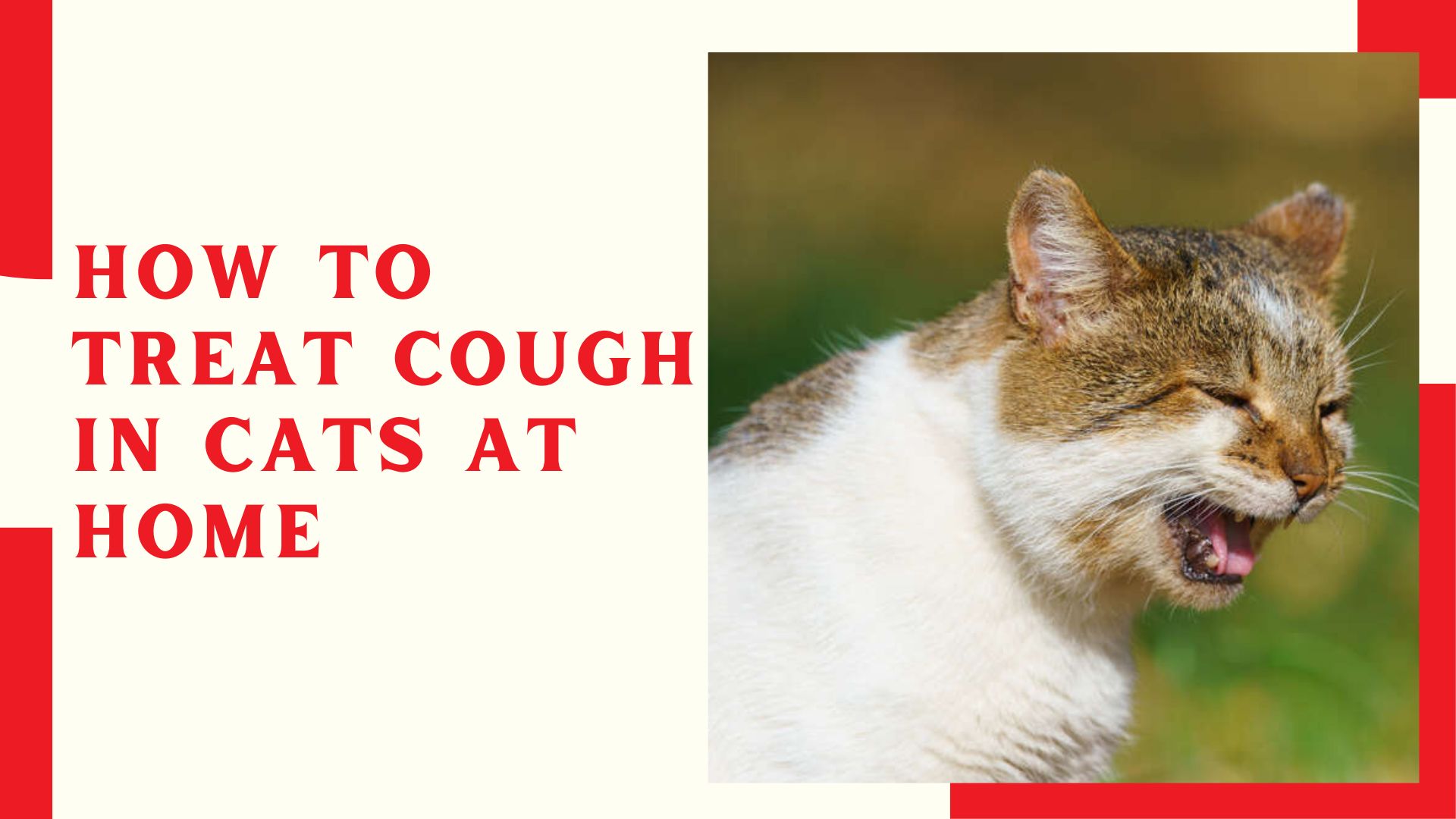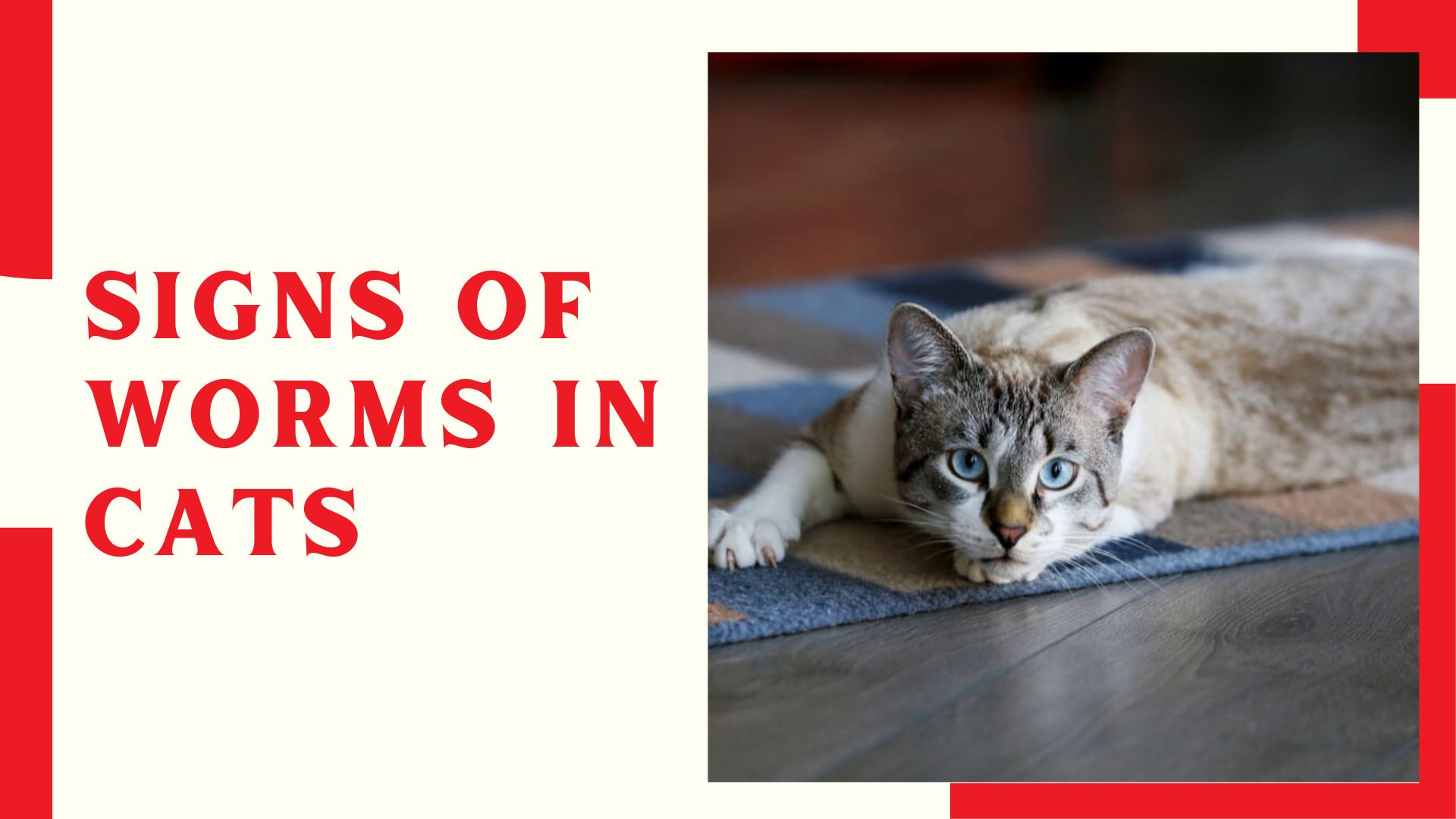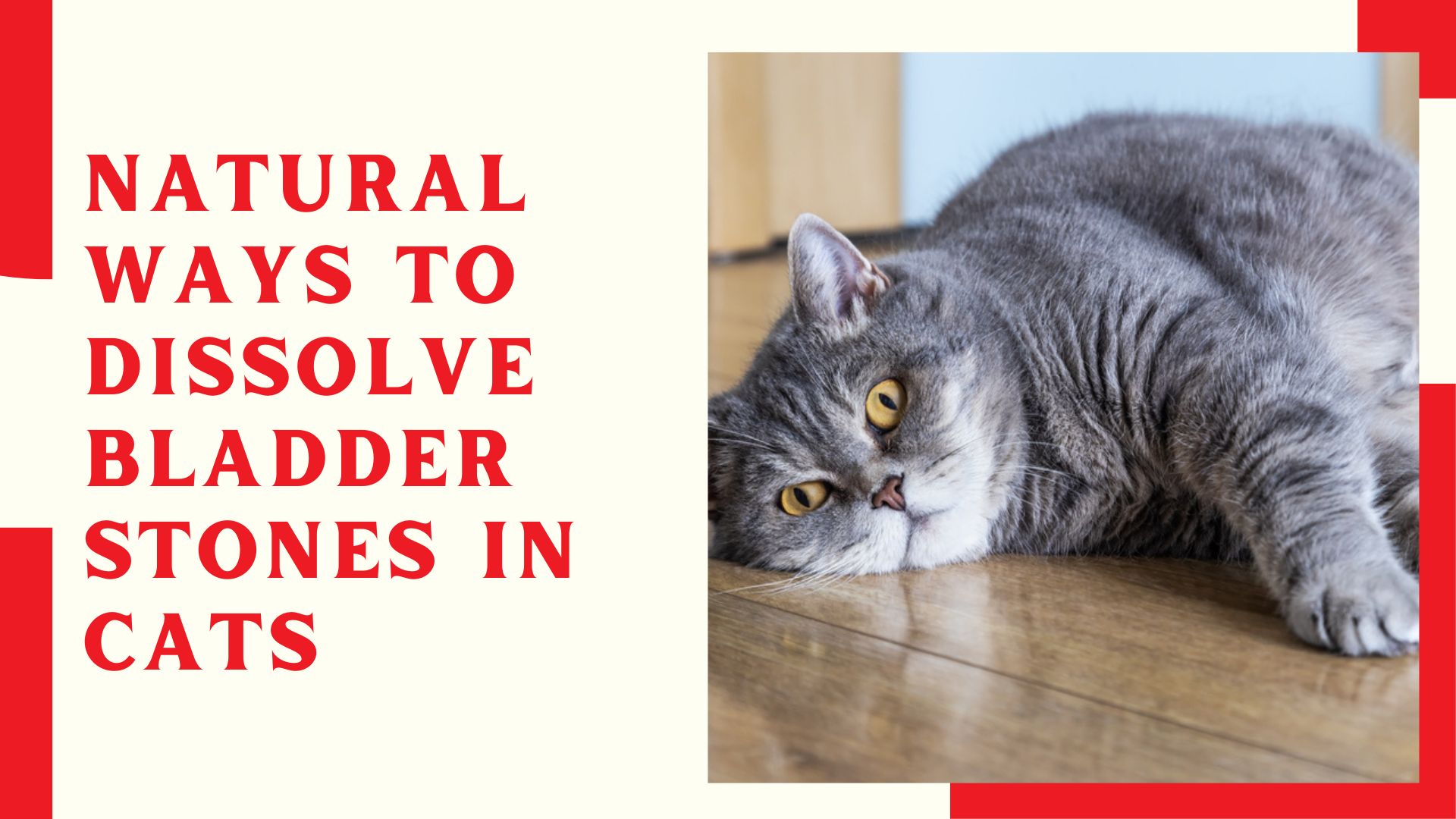Cat hair loss or alopecia can be a concerning issue for pet owners. Not only it affect the aesthetics of your feline friend, but it can also indicate underlying health problems. While consulting a veterinarian is essential for a proper diagnosis and treatment plan, several home remedies can help manage cat hair loss effectively.
Related Products You Might Like

Shed Control Shampoo
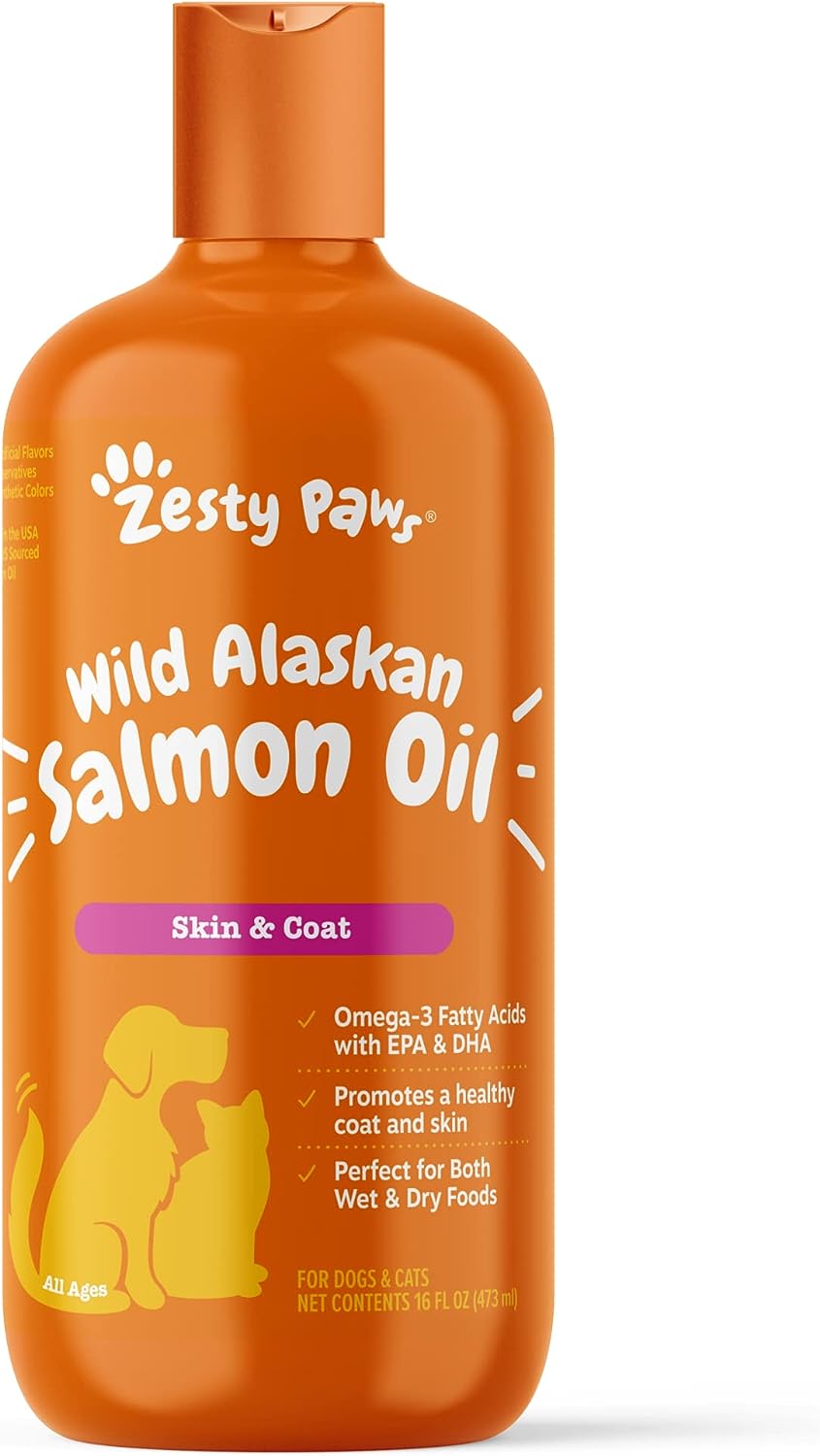
Wild Alaskan Salmon Oil
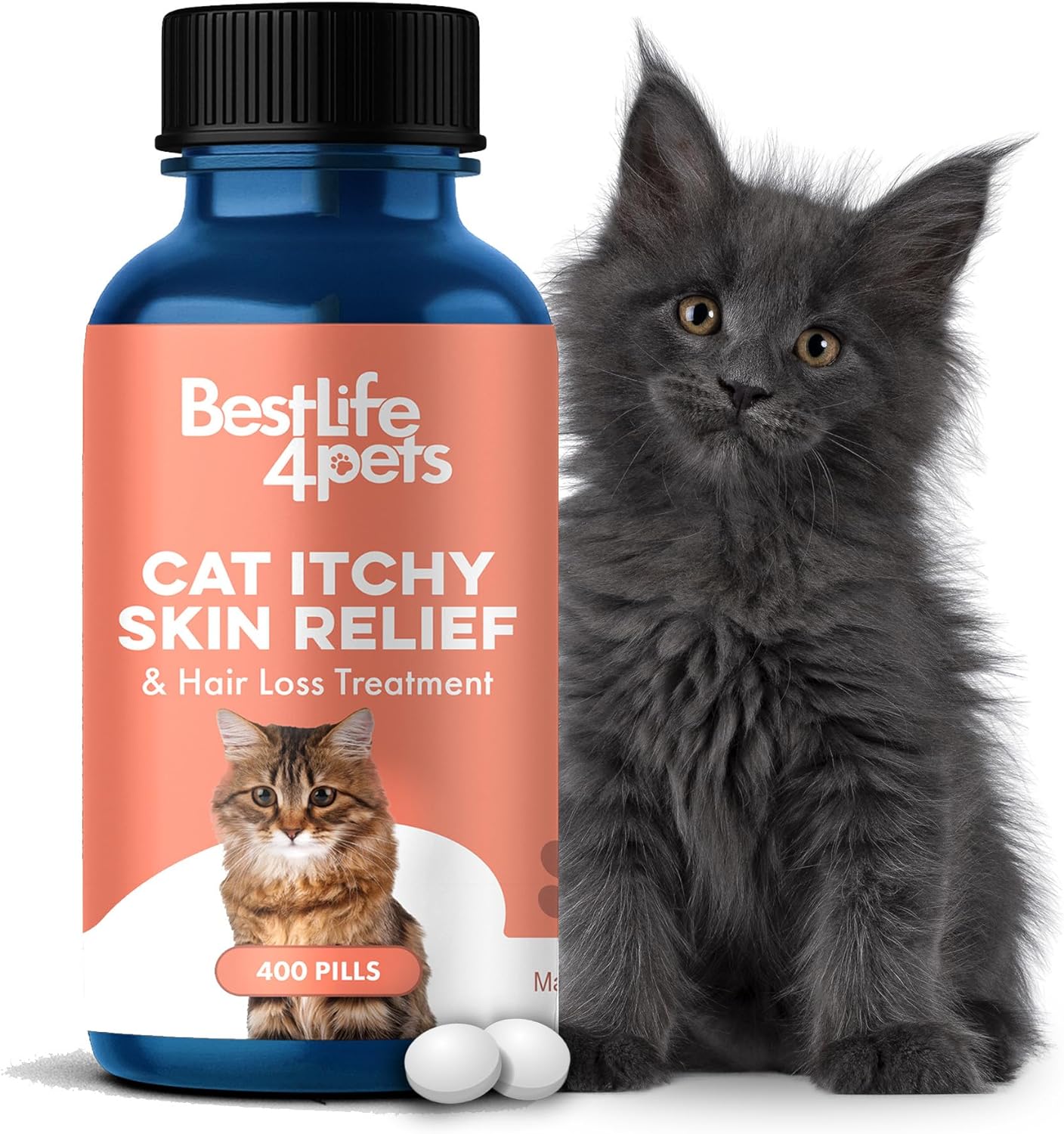
Skin Treatment For Cat
"(Paid Links)" 
Balanced Diet:
A healthy diet is vital in maintaining your cat's coat health. Ensure their meals contain all the essential nutrients, like protein, omega-3 fatty acids, vitamins, and minerals. A well-balanced diet can make all the difference in your cat's life! Consider incorporating high-quality cat food or supplements like fish oil into their diet, which can promote skin and coat health.
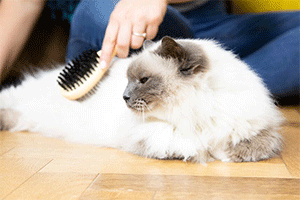
Regular Grooming:
Regular grooming helps remove loose hair and stimulates blood circulation to the skin, promoting hair growth. Brush your cat's coat gently with a soft-bristled or grooming glove. It helps distribute natural oils throughout the fur, keeping it moisturized and reducing the risk of dry skin and subsequent hair loss.
Hygiene Practices:
Proper hygiene is essential to prevent skin infections that may lead to hair loss. Keep your cat's living environment clean, including their bedding and litter box. Regularly bathe your cat with a mild, cat-friendly shampoo to remove dirt, excess oils, and potential allergens contributing to hair loss.
Stress Management:
Cats are sensitive animals, and stress can manifest in various ways, including excessive grooming and hair loss. Create a calm and comfortable environment for your cat by providing hiding spots, interactive toys, and regular play sessions. Additionally, consider using pheromone diffusers or calming supplements to alleviate stress and anxiety.
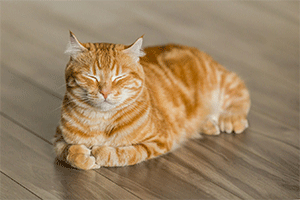
Natural Remedies:
Several natural remedies can help promote hair growth and soothe irritated skin. Aloe vera gel, when applied topically, can moisturize the skin and reduce inflammation. Coconut oil is another excellent option known for its antibacterial and antifungal properties. It can help treat underlying skin conditions contributing to hair loss.
Supplements:
Certain supplements can support skin and coat health in cats. Omega-3 fatty acid supplements, such as fish oil, can help reduce inflammation and improve the condition of the skin and coat. Consult your veterinarian for appropriate dosage and administration instructions.
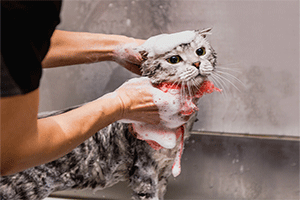
Avoid Over-Bathing:
While regular bathing is essential for hygiene, over-bathing can strip the skin of natural oils, leading to dryness and exacerbating hair loss. Limit baths to once every few weeks unless recommended otherwise by your veterinarian.
Monitor for Allergies:
Allergies, whether food-related or environmental, can contribute to cat hair loss. Look for signs of allergies, such as itching, redness, or irritation. If you suspect your cat has allergies, consult your veterinarian for allergy testing and appropriate management strategies.
Conclusion
Managing cat hair loss requires a holistic approach that addresses underlying health issues, nutritional deficiencies, and environmental factors. While home remedies can effectively manage mild hair loss cases, seeking veterinary advice for persistent or severe cases is crucial to rule out serious health concerns. You can help your cat maintain a healthy and lustrous coat by implementing these home treatments alongside veterinary guidance.

